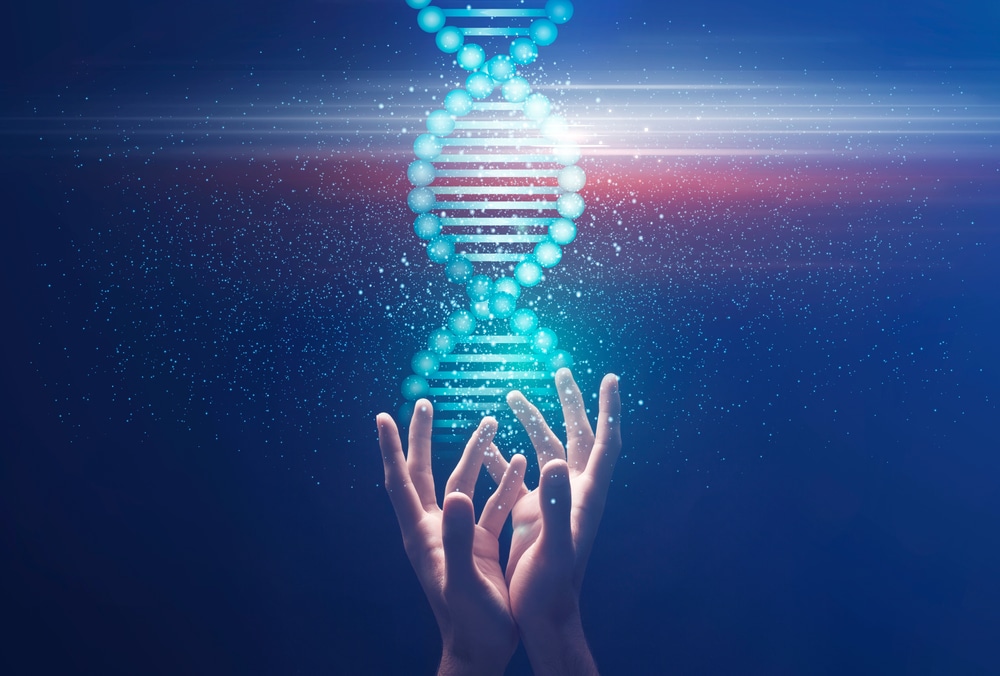

Addiction is a complex disorder that results from a combination of genetic, lifestyle, and environmental factors. The role of genetics in addiction has been widely studied over the last few decades, and research has shown that certain genetic factors contribute to an individual's susceptibility to addiction.
One of the most studied genetic factors in addiction is the presence of specific variations in genes that encode proteins involved in the brain's reward system, such as dopamine and serotonin receptors. These variations may affect how these proteins function, leading to alterations in the brain's reward circuitry, which can result in addiction. Other genes linked to addiction include those involved in stress response, impulse control, and decision-making.
For example, researchers have identified specific genes that may influence an individual's response to drugs and alcohol, including genes that affect the metabolism of drugs, the neurotransmitter systems involved in reward and pleasure, and the stress response system. And while research in this area is still ongoing, some genes linked to addiction or protection against addiction include:

Moreover, family studies that include siblings, fraternal twins, identical twins, and adoptees suggest that as much as 50% of a person's risk of becoming addicted to alcohol, nicotine, or other drugs depends on their genetic makeup.
Research on the human genome reveals that humans are 99.9% identical on a genetic level. But the 0.1% variation is critical as it's responsible for the differences in their sequence of DNA bases. These differences contribute to visible variations like hair color and height and invisible traits like protection from or increased risk for diabetes, stroke, heart attack, and addiction.
Genetics is just one factor that contributes to addiction, and the influence of genetic factors can vary depending on an individual's environment and life experiences. Furthermore, not everyone with a family history of addiction will develop substance abuse disorder. People without genetic risk factors still have a risk of developing an addiction. Here are some other factors that contribute to addiction:

Genetic research has provided a better understanding of the complex interplay between genes and diseases like addiction. Today, mutations like BRCA 1 and 2 that predispose patients to a high risk of ovarian and breast cancer serve as crucial medical tools in assessing one's risk of severe diseases. Researchers can now unravel the genetics of single-gene disorders like breast/ovarian cancer, sickle cell anemia, cystic fibrosis, and addiction.
Understanding the genetic basis of addiction makes it easier to identify individuals who are more susceptible to addiction. By using genetic testing to identify these variations, healthcare providers can better evaluate a person's unique addiction risks. But this is an area that needs more research.
In addition to identifying individuals who are more susceptible to addiction, the knowledge of genetics can also inform addiction treatment approaches through pharmacogenetics. Pharmacogenetics studies how an individual's genetic makeup affects their response to medications. By tailoring addiction medications to an individual's genetic makeup, healthcare providers can improve treatment efficacy and reduce the risk of adverse side effects.
If you have a genetic predisposition to addiction, taking proactive steps to manage your risk and prevent addiction is essential. Here are some things you can do:
Remember that having a genetic predisposition to addiction does not mean that you will automatically develop an addiction. Taking proactive steps to manage your risk and getting help if needed can reduce your chances of addiction and help you live a healthy, fulfilling life.